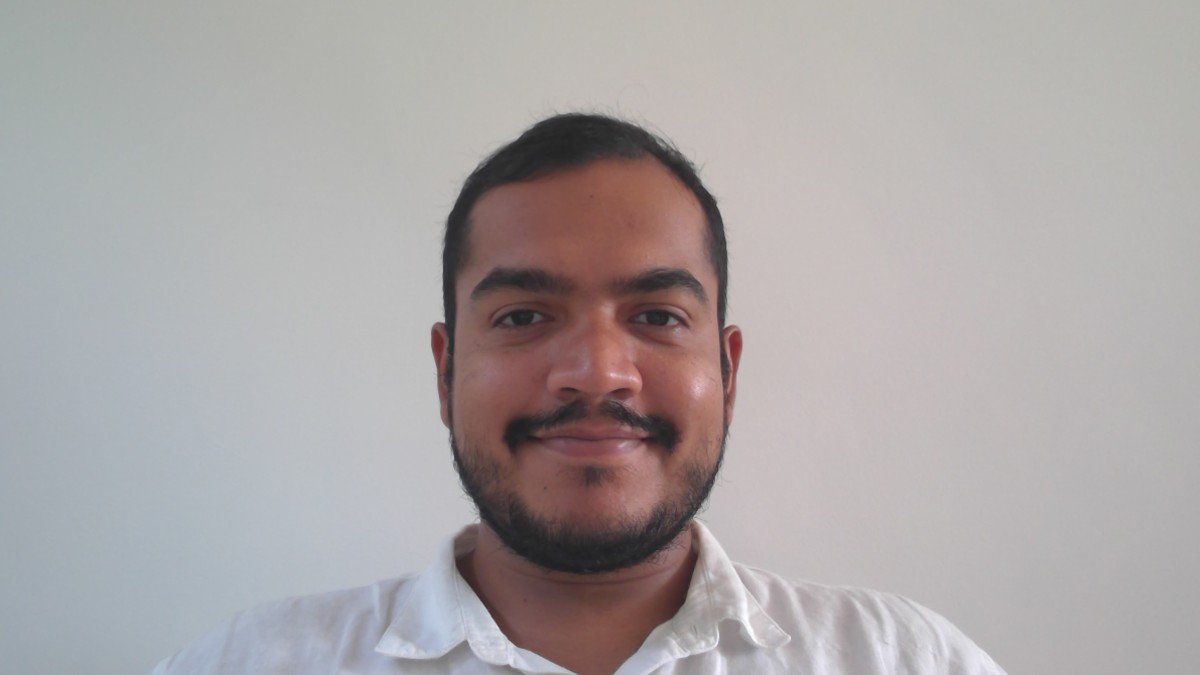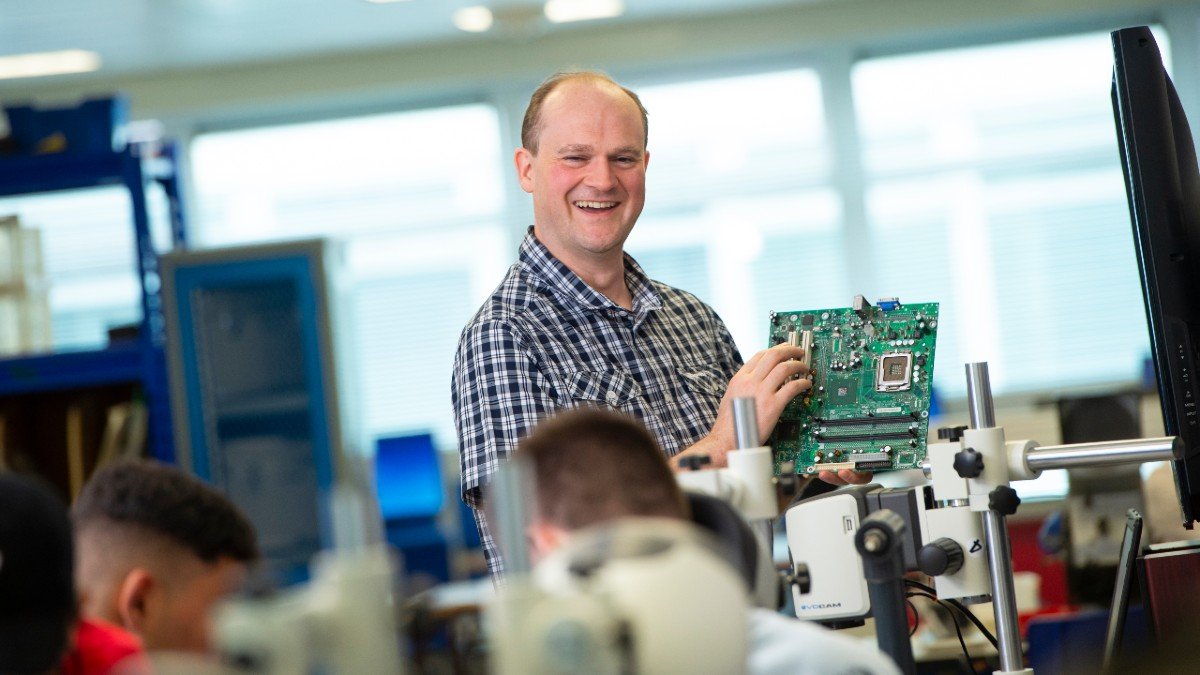Mastering your studies in electronic engineering
Toshan Wickramanayake, who’s studying for an MSc in Electronic Engineering, gives us his thoughts on life as a postgraduate student at Surrey.

“Make sure you spend time with friends and do things other than studying," advises Toshan
“The learning experience is very rewarding,” says Toshan. “At the end of each module, you’ll feel knowledgeable about the field and that’s an incredible achievement.
“But make sure you spend time with friends and do things other than studying. Guildford’s a lovely town with many nice things to do.
“Get a bike, too. It’ll allow you to cycle around and visit nearby places, which is a nice way to spend a weekend.”
And they’re not the only pieces of advice that Toshan offers either.
Preparation
“Be excited. Each module’s taught me about cutting-edge engineering research. Teaching often starts at a fundamental level and progresses to more advanced topics.
“Be curious. The lecturers are leading researchers in their fields and they have great understanding of their content areas. I’d recommend asking them questions about anything you want to know. They’re approachable and great at teaching.
“Be organised. The time goes by quickly and, towards the end of semesters, the work piles up. I’d recommend working regularly and being flexible with your study plans. Be consistent and it’ll pay off at the end.
Your first weeks
“Initially it’s quite a change, especially if you’re coming from working in industry to being a student again. Getting back into the rhythm of student life can be difficult.
“I’d recommend being structured with your studies. Commit a number of hours in the weekdays to cover the lecture content. Maybe work on one module each day. You shouldn’t need more than 8-10 hours a week to cover each module.”
Your timetable
“Each semester is 10 weeks long and, in both semesters, you’ll cover five modules. The lecturers release content for each module at the start of every week and they often have a tutorial session where you can ask any questions you may have.
“Assignments are usually due towards the end of the semesters. The first five weeks of each semester are quite relaxed, but make sure you cover the content in those weeks or things will pile up. The last five weeks of the semester are quite hectic with assignment work becoming due. I’d recommend devoting more time in these weeks to your assignments. Make sure you take your time with the assignments and cover them well. They’re challenging but they’re definitely do-able,
“The revision period for each semester is roughly 3-5 weeks from the end of teaching in week 10 to your final exam. This is ample time for you to revise well. The key is to draw up a plan for the entire period, make revision goals for each module and plan how to do them over the time.”
The course

“The quality of teaching is exceptional," says Toshan
“The quality of teaching is exceptional. The current online nature of the course means you have a lot of flexibility. You can learn at your pace. Take advantage of that and try to understand the content well.
“All the lectures are recorded, so you can review them a few times and you can watch them at the speed that suits you. Ultimately, it’s up to you what you get out of the course. But if you put the time in, it’s a very rewarding experience.
“The University also gives you access to many different facilities and software, so take your time and learn to use them. They can make you a much better engineer.”
Additional advice
“You’ll find some content is easier to learn than others. So, the speed of learning in one week could be different from another. Whatever the case, take your time. Make sure you do the work consistently and you cover the content on a weekly basis as much as possible.
“Remember to have fun! I’ve made some great friends during this MSc. My coursemates have been great not just for helping me with work but by being great company in general. We tend to meet up every Friday and hang out. My flatmates are excellent company as well. Often, they’ll be from different courses, so it’s nice to talk about things other than engineering.”
Learn more about postgraduate study in our Department of Electrical and Electronic Engineering.